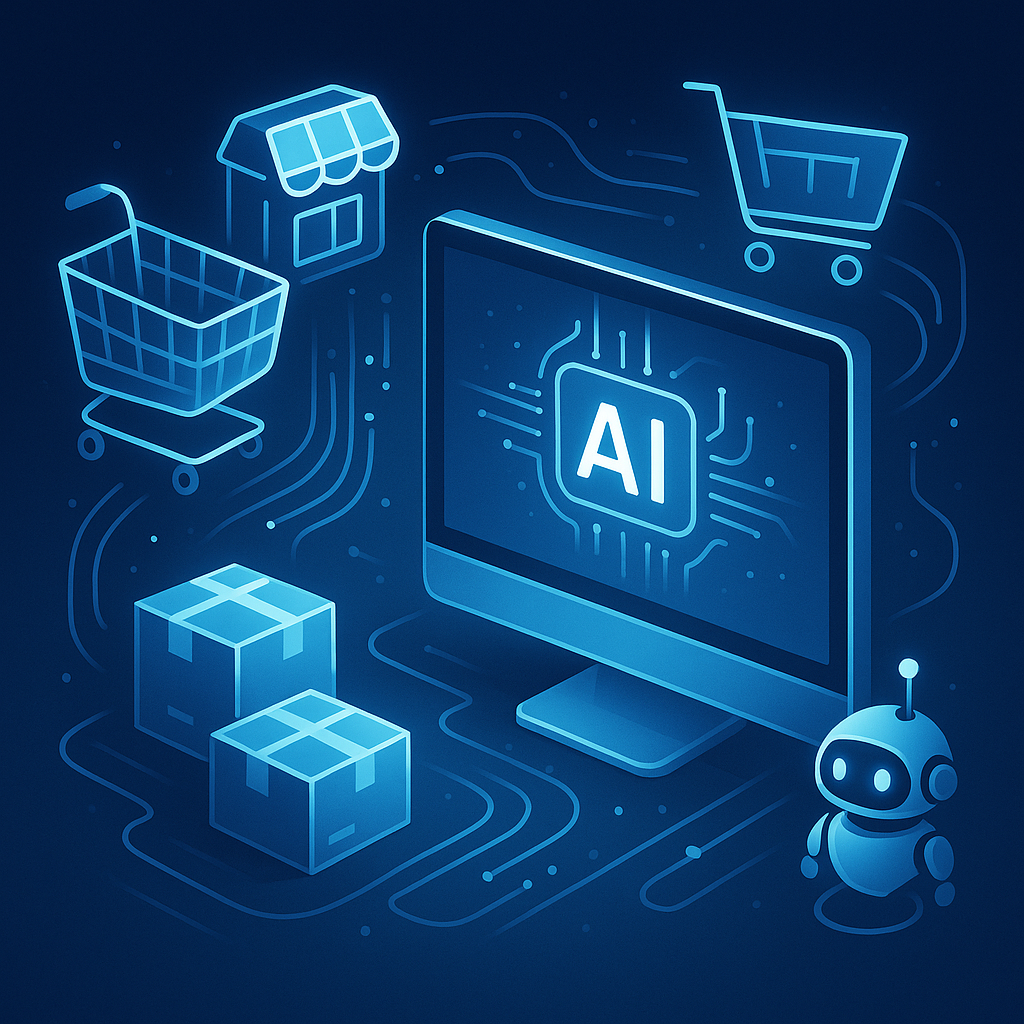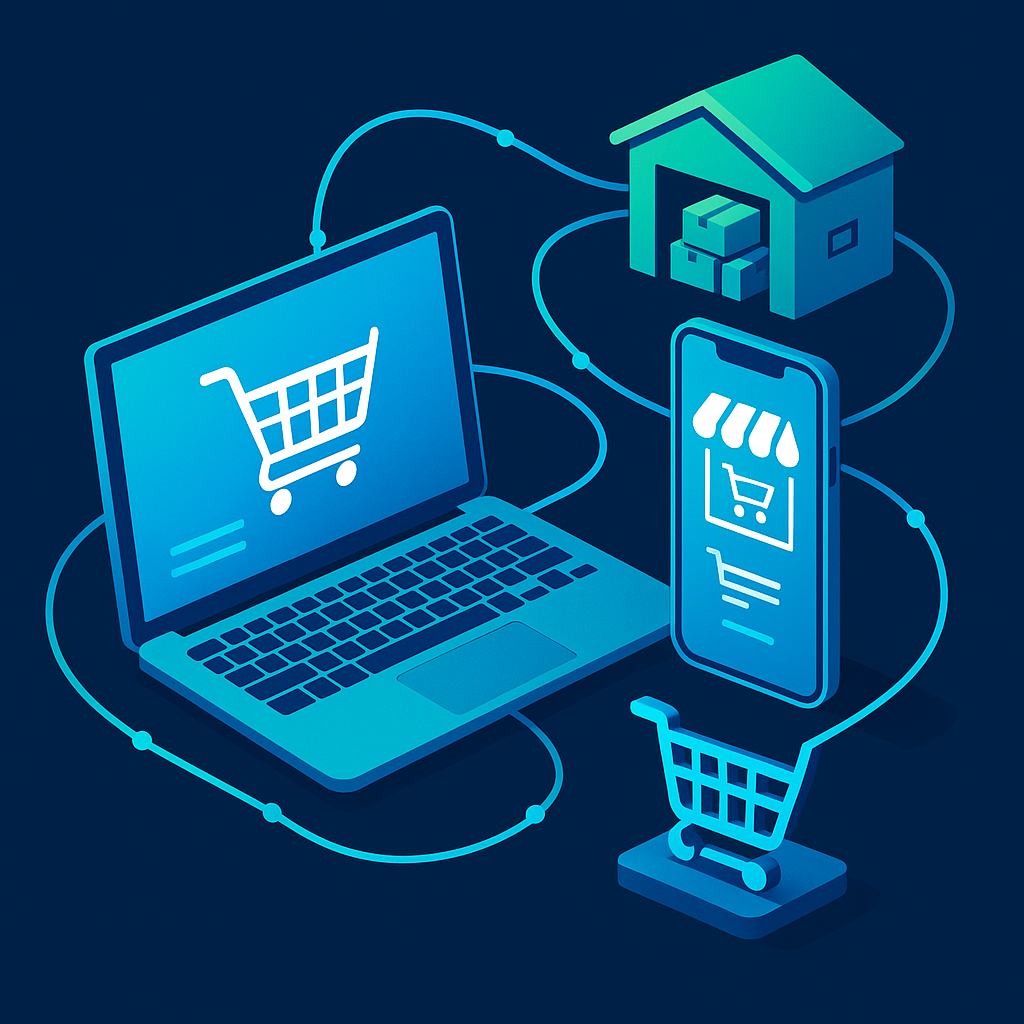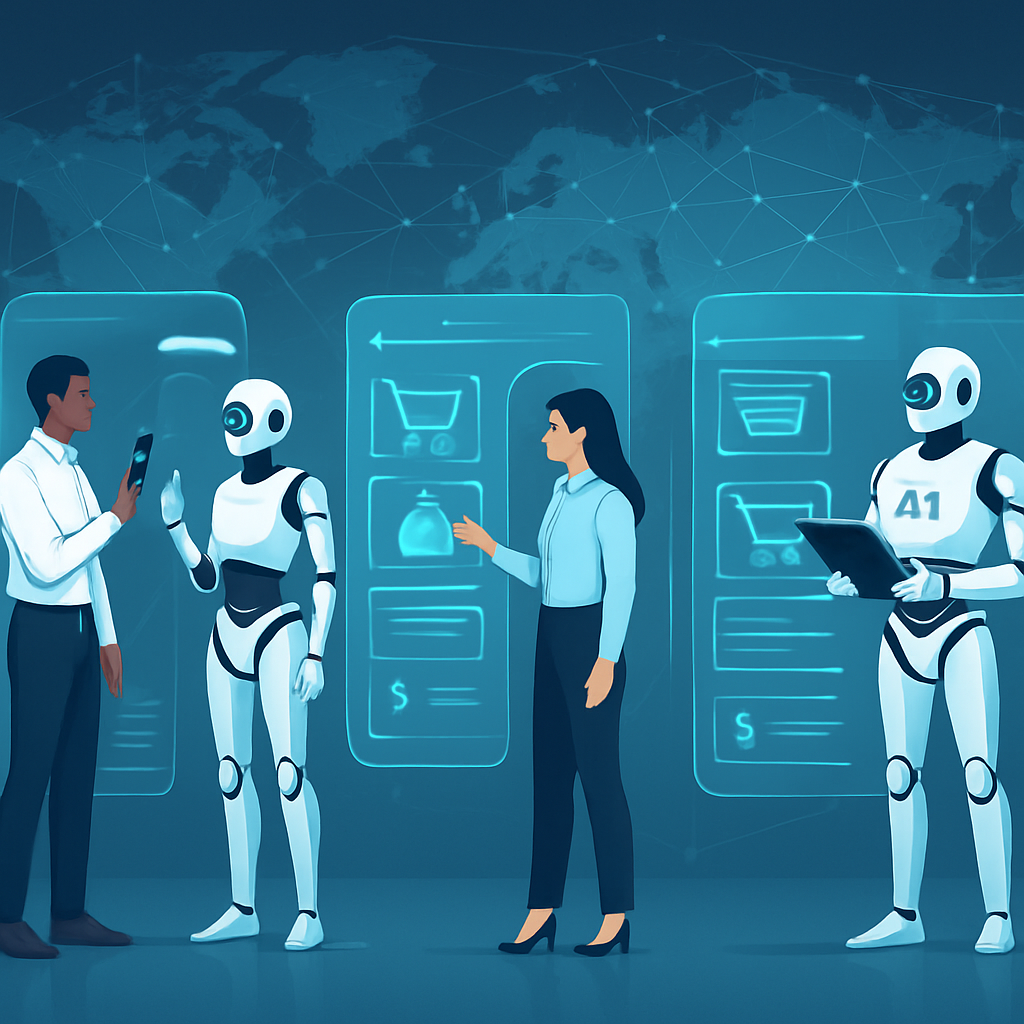
Revolutionizing E-Commerce with AI-Powered Computers in 2025
Introduction: The Dawn of AI in E-Commerce
In 2025, the integration of AI-powered computers into eCommerce services has ushered in a paradigm shift. Online retail has evolved from basic digital storefronts to intelligent ecosystems capable of anticipating consumer needs, optimizing backend operations, and delivering hyper-personalized shopping experiences. This transformation reflects advancements not only in AI algorithms but in the sophisticated computing power driving them.
The Core of AI-Powered Computing in E-Commerce
Traditionally, ecommerce platforms depended on rule-based systems and manual data analysis to drive sales and manage operations. With AI computers, this has changed dramatically. These systems employ advanced machine learning models and neural networks, facilitating real-time data processing at unprecedented scale and speed. The ability of AI computers to interpret vast datasets enables dynamic decision-making processes, from product recommendations to supply chain adjustments.
Enhanced Data Processing and Predictive Insights
AI-powered computers analyze customer behavior patterns, inventory metrics, and market trends instantaneously. For example, an AI computer can detect a surge in demand for a certain product category within hours and recommend strategic stock movement across warehouses. This predictive capability minimizes stockouts and overstock scenarios.
Transforming Customer Experience
AI computers have redefined personalization by tailoring every touchpoint of the online shopping journey. They analyze browsing behaviors, purchase histories, and even subtle user interactions to curate unique, relevant product suggestions. Unlike earlier recommendation engines, the latest AI models can simulate human-like understanding of context, sentiment, and preferences.
Virtual Shopping Assistants and Intelligent Chatbots
One significant revolution is the rise of virtual assistants powered by AI computers. These assistants not only answer queries but can engage in meaningful conversations, understand nuanced requests, and guide shoppers through complex purchases. Unlike static FAQs, they adapt to individual shopping patterns, creating a seamless and interactive experience.
Operational Efficiency and Logistics Optimization
Beyond customer-facing applications, AI computers optimize logistics and fulfillment processes. Utilizing real-time data streams from IoT devices and delivery networks, these systems dynamically route shipments, forecast delivery times, and automate warehouse management with robotic process automation (RPA) integrations.
Smart Warehouse Management
AI-driven inventory control leverages high-powered computing for efficient space utilization and predictive maintenance of equipment. Autonomous robots guided by AI optimize picking and packing tasks, reducing human errors and accelerating throughput.
Fraud Detection and Security Enhancements
The rise of AI-powered computers also strengthens ecommerce security. Sophisticated anomaly detection algorithms scan millions of transactions in real-time to flag suspicious activities. These systems learn continuously, improving their accuracy in distinguishing between legitimate user behavior and fraudulent attempts.
Case Study: AI-Powered Dynamic Pricing in Action
Consider a global online retailer that employs AI computers to implement dynamic pricing strategies. By analyzing competitor pricing, demand elasticity, and seasonality signals, the AI system adjusts prices on thousands of SKUs multiple times a day. This responsive pricing maximizes revenue while maintaining competitiveness.
Emerging Trends and Future Prospects
Looking ahead, the fusion of AI computers with emerging technologies such as augmented reality (AR) and blockchain promises to elevate ecommerce services further. AI-powered AR can create immersive virtual try-on experiences, refining personalization, while blockchain integration ensures transparent and secure transactions.
Conclusion: The AI-Powered Future of Online Retail
The integration of AI-powered computers is not a mere upgrade but a profound transformation in ecommerce services. By combining enhanced computational capabilities with intelligent algorithms, online retailers can deliver unparalleled customer experiences, efficient operations, and robust security measures. As AI continues to evolve, its role in shaping the future landscape of online retail becomes increasingly indispensable.






